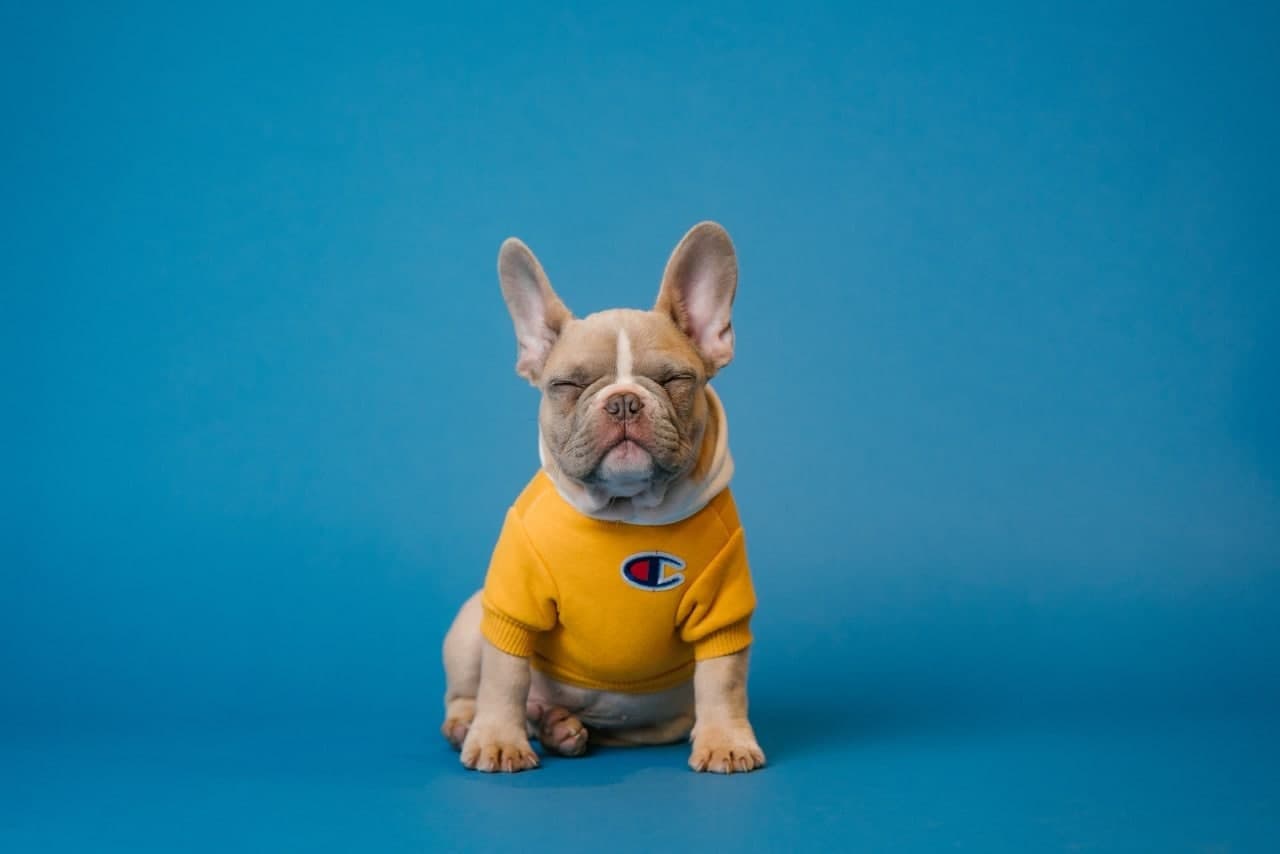Nine main mistakes that aspiring puppy trainers make.
These are the 9 most often made mistakes in puppy training that prevent any substantial progress:
- Scolding the Pup. Punishing and yelling at a dog has zero impact on teaching them to behave, and moreover, doesn’t affect a dog’s motivation for the “bad” behavior. Remember that one of the main goals of dog training is to teach your friend how to get what they want in an appropriate way.
- Ignoring the Pup. Ignoring your pet is quite a severe punishment on its own. It doesn’t help in training at all because the puppy does not have a chance to understand what exactly went wrong and what behavior is undesirable.
- Assuming the Pup Already Knows. More often than not, dog owners presume that a puppy is already born with some basic knowledge of the human rules. In fact, puppies have absolutely no idea what a rule is and what is considered “good” or “bad” from your personal perspective. Dogs are excellent communicators, and they can easily train and learn 24/7, but in the end, they learn only what the trainer has taught them, nothing more, nothing less.
- Constant Use of “Leave it” or “No” Commands. Apart from creating an overwhelming negative experience for the pup, we basically get back to the start of the list: taboos do not teach how to behave properly.

- Praise Good Behavior. A puppy is being punished for “bad” behavior, and their “good” behavior is taken for granted. The effective method should be exactly the opposite. “Bad” behavior should be almost ignored while the “good” one should be highly praised. A pup will then be willing to experience positive emotions again and will repeat what you are praising them for.
- Postponing the Training Sessions. Ideally, you should start training a puppy from the very first day they enter your house. And don’t worry, you won’t be robbing them of puppyhood. A proper puppy training is fun, and both the pup and their owner should be enjoying the time they spend together.
- Incorrect Timing for a Praise. If praise is mistimed, a puppy will get confused about their exact actions that led to a praise and will have difficulties repeating the desired behavior.
- Emotionless Praise. A pup doesn’t know that what you are doing is actually a praise for their appropriate behavior. An emotionless “Well done” and a couple of strokes on their back might not get recognized as a praise at all.
- Picking an Incorrect Reward Type. Remember that the best reward is the one that your four-legged friend wants at that specific moment. So, if a pup really wants to play, but you offer a treat, they won’t be really inspired to continue the training session.
Training a dog is not so hard if you follow the basic rules. And the main rule is that the training should be fun and bring joy to both you and your puppy!
Start training your puppy with detailed lessons available in our mobile app!
